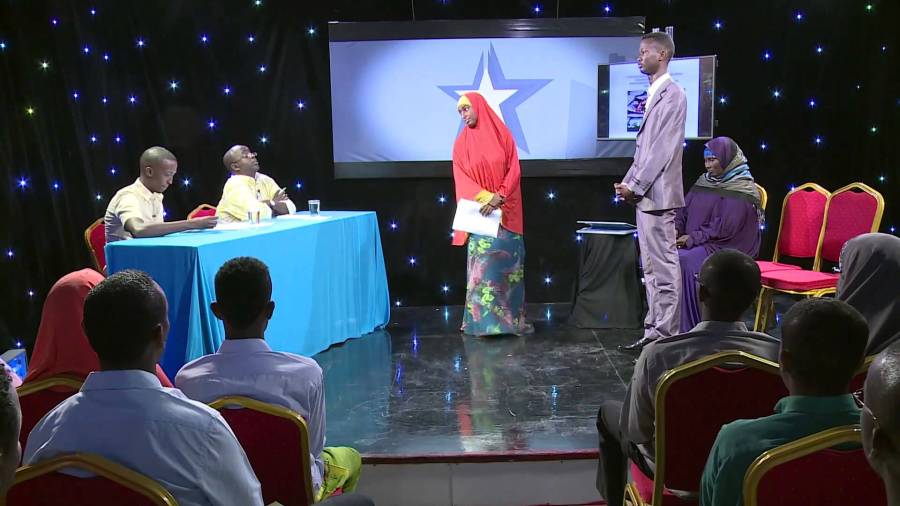I was listening to one of my favorite podcasts yesterday, called Invisibilia, and the show focused on a unique attempt to counter Islamic Extremism, which was to run an American Idol type reality show in Somalia. If you don’t have time to read the 40 minute podcast, you can read about it here. If you don’t have time for either, the gist of this was that there was a plan supported by the U.N fight extremism by impacting the emotional landscape of the country. The government at the time was unstable but had recently replaced the far more extreme Al-Shabab government that had previously held Mogadishu. So things were better, but delicate. Previously Al Shabab had forbit music, even at weddings, and went so far as to kill many important Somalian musicians and poets.
Hearing this story brought a number of thoughts to my head. One was how pop culture might be used to transform a culture in a positive way. In my last post I talked about the harms of excessive moral outrage exacerbated by social media, which polarizes and brings more instability to a culture. Here was an attempt to do the opposite. It might seem surprising but some of the advantages that American Idol has are:
- democratic voting process
- a panel of judges that are both men and women
- one mean/tough judge, that increases the joy of the contestant when the mean judge soften to approve the contestant
It may not seem like much, but when you think about the just act of getting into the habit of voting, and getting a say in an outcome, seeing authority that is both mean and women, and a nation of people watching and sharing in the joy of a contestant who has overcome a number of hurdles. Well maybe it’s the upper the country needs to continue to stem the tide against extremism.
Of course this also made me think how easy it is to erode culture with western culture, and that’s an entire other conversation, but the good thing here is that they not only made it about music, but also included a poetry, as part of the competition, which is big in Somali culture. At the very least they were trying to adapt their idea to fit Somali values and traditions.
These are of course only seeds, and real change will happen slowly. As the article says:
Which brings us to this question: Did this reality show actually change reality in any way?
It would be impossible to make the case that Somalia is a completely different country now. It isn’t.
But there is at least one undeniable change since 2013. Music is back in the streets. Brought back, slowly and painfully, through a complicated combination of political strategy and personal courage.
Anyway, I thought this was an interesting story and wanted to share it.

